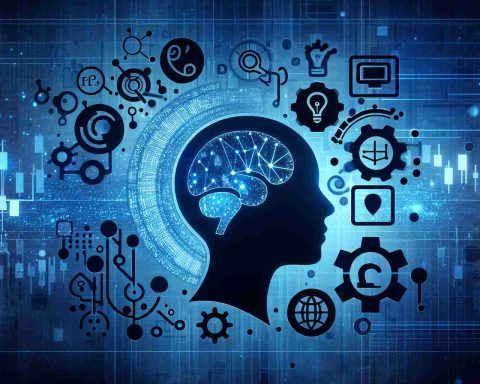Machine learning, a branch of artificial intelligence, is transforming industries and quietly reshaping our everyday experiences in ways you might not expect. But just where is machine learning used, and how is it making a difference?
In healthcare, machine learning is used to enhance diagnostic accuracy and predict patient outcomes. Algorithms analyze medical images and large datasets to identify patterns that might be missed by the human eye, aiding in early detection of diseases such as cancer. Furthermore, personalized medicine benefits from machine learning by tailoring treatments to individual patient needs based on historical health data.
In finance, machine learning algorithms are essential for fraud detection and risk management. They analyze transaction patterns in real time to uncover fraudulent activities, ensuring the security of customer accounts. Additionally, predictive analytics empower financial institutions to assess credit risks more effectively and make informed investment decisions.
Transportation has also seen significant improvements thanks to machine learning. Self-driving cars rely on complex algorithms to interpret sensor data and navigate safely. These technologies not only promise increased safety but also improved traffic management as machine learning optimizes routes and reduces congestion.
Moreover, retail giants use machine learning for personalized recommendations and supply chain optimization. By analyzing consumer browsing and purchasing behavior, businesses can offer tailored product suggestions, enhancing user experience and boosting sales.
In essence, machine learning is an invisible yet vital force shaping innovation across diverse domains, making our world smarter and more efficient. It’s clear that this technology isn’t just a fleeting trend—it’s a fundamental component of the future.
Revolutionizing Everyday Life: Unseen Impacts of Machine Learning
While many are familiar with the prominent applications of machine learning, there are lesser-known areas where this technology is making profound impacts. Beyond the well-trodden industries of healthcare, finance, transportation, and retail, how else is machine learning influencing the globe?
Environmental Conservation is experiencing a revolution with machine learning. Sophisticated algorithms process satellite imagery and climate data to monitor deforestation, predict weather patterns, and track wildlife populations. These insights empower conservationists to make informed decisions and strategize interventions, ultimately enabling more effective preservation of ecosystems.
Education is another sphere undergoing transformation. Machine learning is personalizing the educational experience by identifying optimal learning pathways for students. It analyzes learning behaviors and adapts course materials to fit individual needs, fostering improved learning outcomes and engagement.
In the realm of Entertainment, machine learning algorithms are restructuring how content is consumed. Streaming services deploy machine learning to predict viewer preferences, ensuring more accurate recommendations and heightened viewer satisfaction. New content creation itself is seeing innovation through AI-driven scriptwriting and music composition.
The impact on workplaces cannot be overlooked. Machine learning tools are enhancing productivity through intelligent automation of routine tasks. This not only optimizes operational efficiency but also allows workers to focus on more creative and strategic roles.
Where is machine learning being used? Almost everywhere, subtly refining the fabric of daily life. As machine learning continues to evolve, so too will its influence on society.
For further insights, explore IBM, Microsoft, and Tesla to understand how they are leveraging AI technology.

















